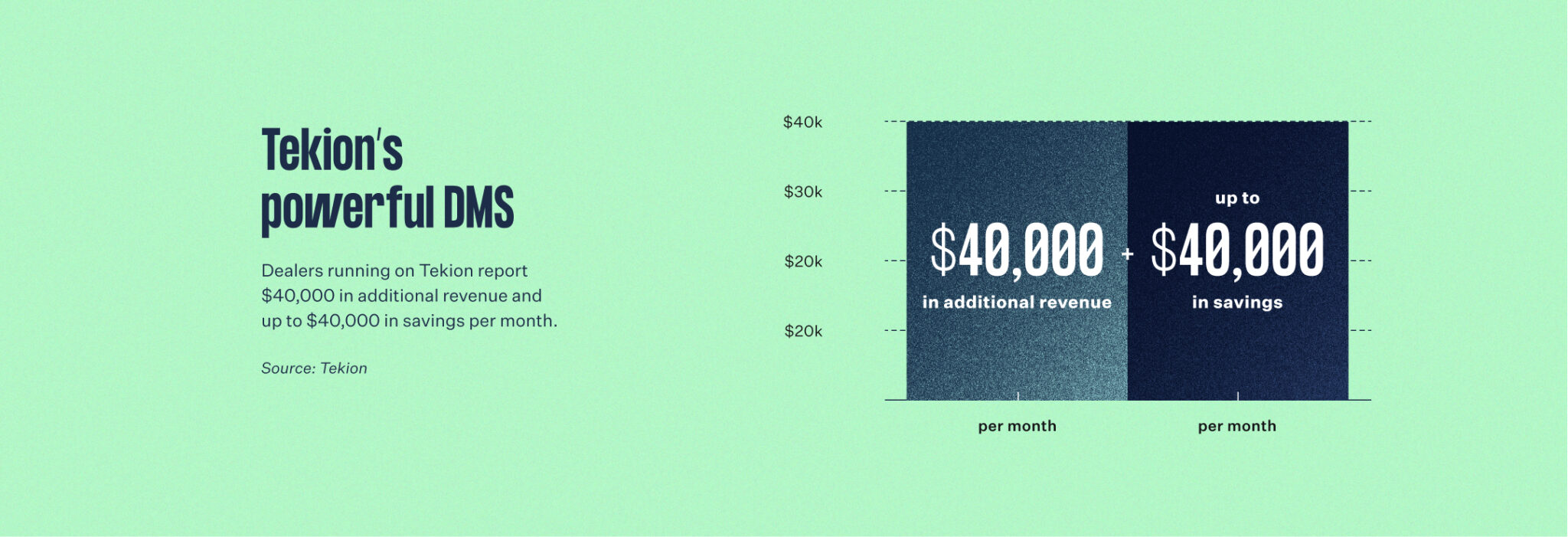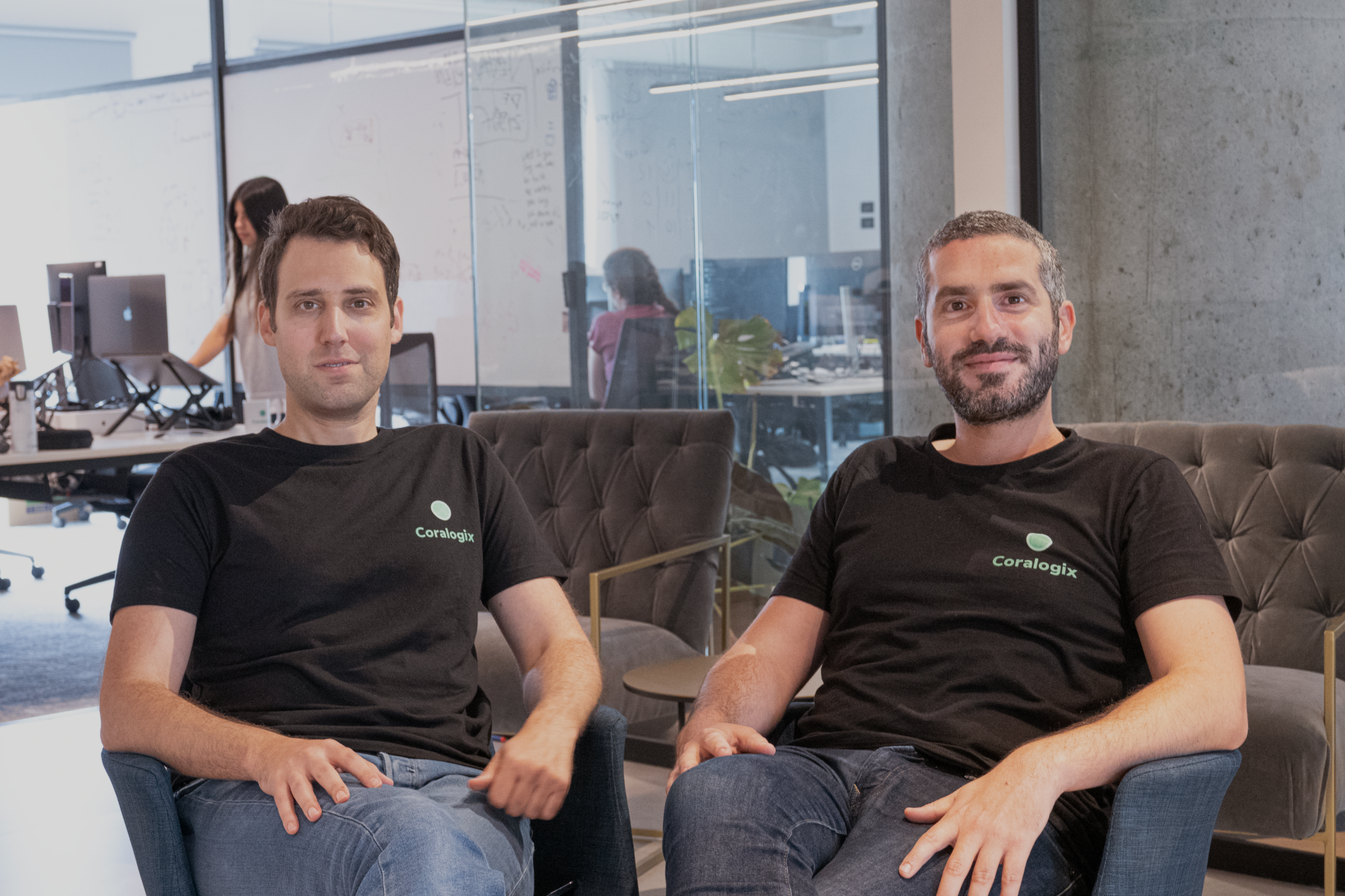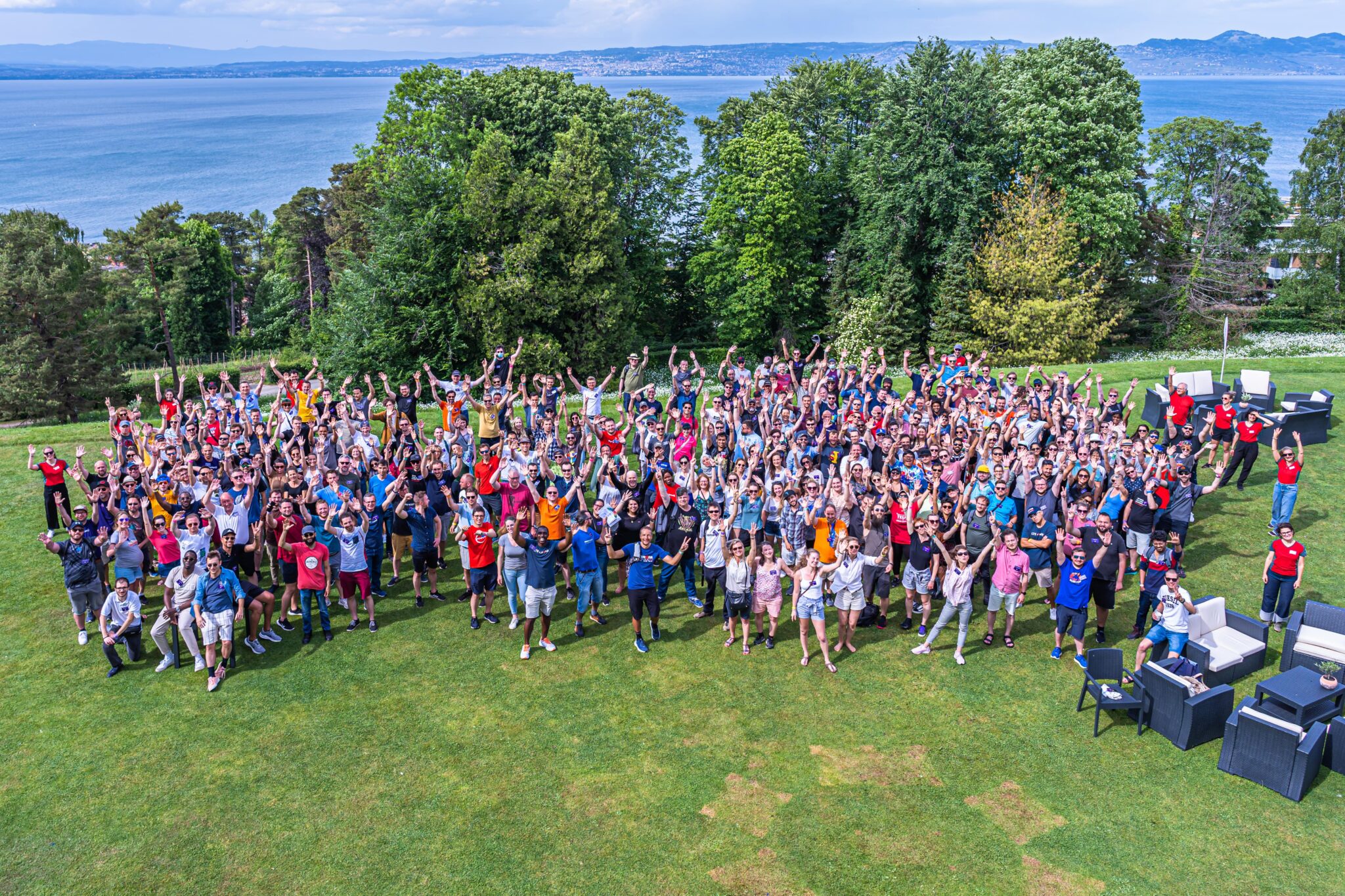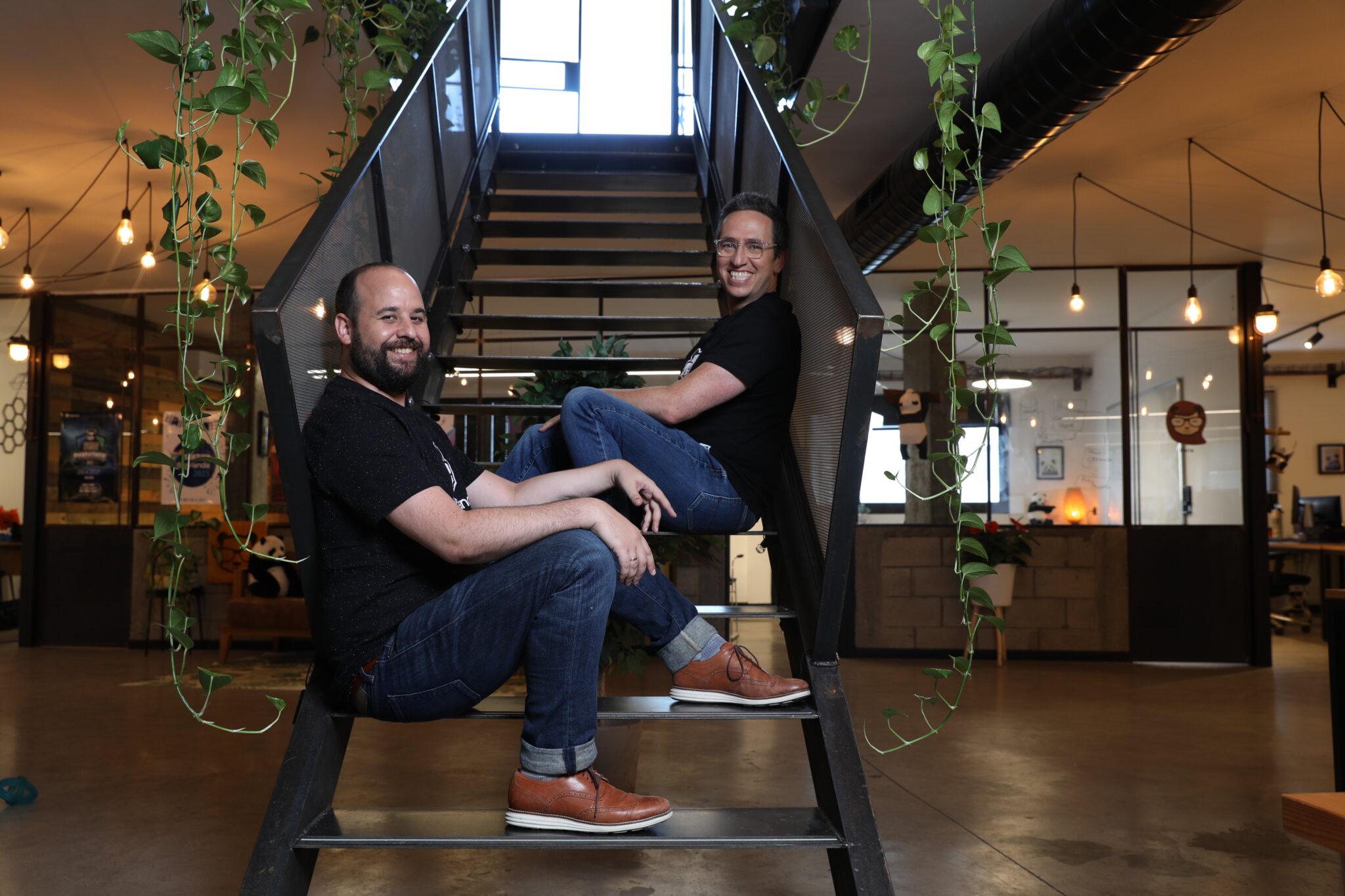
Eric Wei • September 27, 2021Perspectives
Tekion: A powerhouse in the making
How a Tesla offshoot is disrupting the multibillion-dollar automotive retail software vertical with an innovative platform
- Platform businesses are compelling when they operate within a specialized vertical
- Even large, vertical markets can be laggards when it comes to innovation, making them ripe for disruption
- By making the car buying and servicing experience as easy as shopping on Amazon, Tekion benefits customers and dealerships
Ever since Microsoft rose to dominate the personal computing industry in the late 1980s with its Windows operating system, the power of platform businesses in technology has been well understood.
Platforms, of course, don’t need to be operating systems, technically speaking – they just have to behave like one. Amazon has connected millions of third-party merchants on its marketplace to create a ubiquitous physical goods market, making it a one-stop shop for millions of consumers.
Square did so for SMBs, leveraging the success of its simple payments tool to expand into a suite of services that includes inventory and employee management, payroll, marketing and more. And Salesforce set the standard for a SaaS platform, establishing itself as the preferred CRM for millions of customers, before expanding into adjacent workflows. All of these platforms grew into powerhouses by interconnecting a wide range of customers across industries with a one-stop-shop solution.
Overlooked opportunities in vertical markets
While these horizontal platforms have had their day, investors often overlook the promise of platforms that operate within specific industries. These vertical platforms can enjoy many of the same advantages: when they succeed in offering software that customers deem critical, they are then able to expand into adjacent areas, gradually increasing their value and stickiness. The more indispensable they become, the more they are able to expand into adjacent workflows.
What’s more, vertical platforms have some unique advantages. They are more defensible because they depend on specific industry knowledge – including, sometimes, very specific regulatory frameworks – and they are highly tailored to the unique attributes of that sector. In other words, verticals are hard.
So what allows some vertical platforms to succeed over others? Or, as we like to think about it at Advent, what goes into building an industry leader?
Tekion, the latest SaaS platform to have emerged from Silicon Valley, offers some insightful answers.
Reimagining the auto dealership experience
When I first heard early in the summer of 2020 about what Jay Vijayan was doing at Tekion, I jumped at the opportunity to learn more. I got into my car and drove across the San Francisco Bay for my first face-to-face meeting of the pandemic.
Jay is the former CIO of Tesla, who built the company’s in-house ERP system in less than a year after CEO Elon Musk concluded that none of the products available in the market would suit the needs of the automaker. The insights he gained, as he built a software platform to integrate and serve Tesla’s company-owned dealerships, were at the root of his vision for Tekion. Tesla simplified the process of purchasing and servicing a car. Why not bring those benefits to the entire automotive retail industry – ultimately making the experience of buying a car as easy as shopping on Amazon?
In its short, four-year lifespan, Tekion has built a platform that has won over dealerships in many states across the US. Its Automotive Retail Cloud integrates with many of the existing technologies used by dealers. Tekion’s dealership management system (DMS) encompasses everything from inventory and financing to new car sales, service and more. The underlying complexity of integrating and running domain-specific business logic is great. It perfectly represents what good vertical platforms do.

A market with a tech deficit
Already, dealerships that run on Tekion have seen improvements, especially when it comes to servicing vehicles. A customer can log into the platform to register an issue with their vehicle. When they bring it for service, an RFID tag lets the dealer know they are there and what they need. The platform then can make service recommendations based on the vehicle’s history. The tight integration of functions saves them time, allowing them to service more cars. For many dealers, it’s as if their old flip phone got replaced with a smartphone.
Going forward, Tekion plans to do much more to unite siloed aspects of the automotive retail process, bringing together manufacturers, dealers and customers through its DMS in novel ways.
The opportunity is there, in large part, because Tekion is going after a market that, like many verticals, has been slow in its embrace of innovation. The industry remains fragmented, relying on a number of third-party, niche applications that must be integrated into ageing DMSs. Dealers have to pay for the integrations, even though they result in systems that are kludgy. As Tekion expands its capabilities, it plans to bring all that functionality into one platform that is mobile-first and AI-enabled.
A partnership to turn Tekion’s vision into reality
At Advent, we’d been hoping to find an entrepreneur with Jay’s vision for quite some time. Over the years, we’d discussed partnerships with three incumbents in the automotive retail tech sector. But while each of these incumbents had dug their hooks into their client base, they weren’t well-liked by their customers and seemed ill-prepared to respond to a disruptor that brought innovation and tech to the industry.
Tekion promises to change that, bringing efficiency to a critical, customer-facing part of the automotive industry.
Others have tried to do this before. Microsoft, SAP and Ross Perot’s Electronic Data Systems at some point attempted to break into the sector. But none had the deep industry knowledge necessary for success in a complex vertical. None had Jay’s background or vision.
In October 2020, we led Tekion’s $150 million Series C round. We’re thrilled to partner with Jay and help to bring his vision to its full potential.


